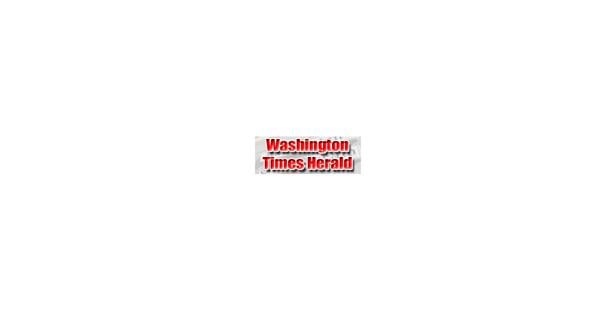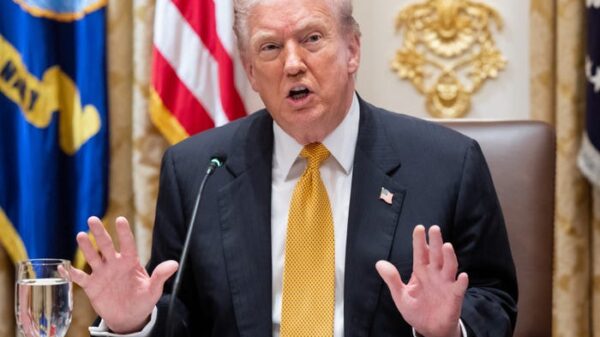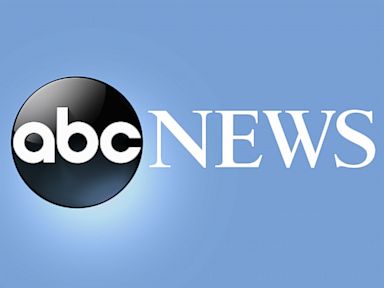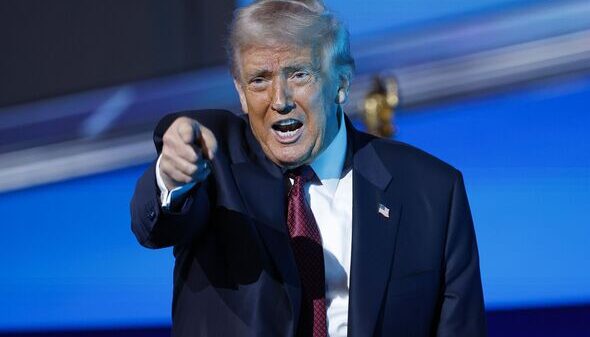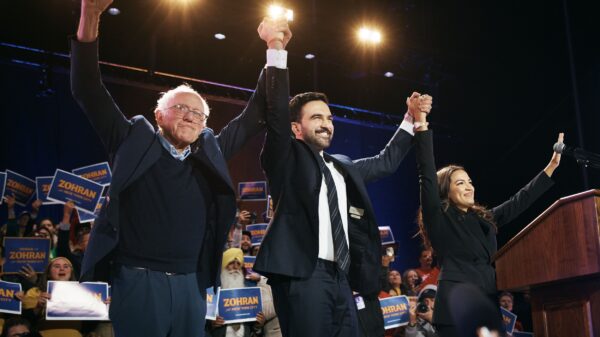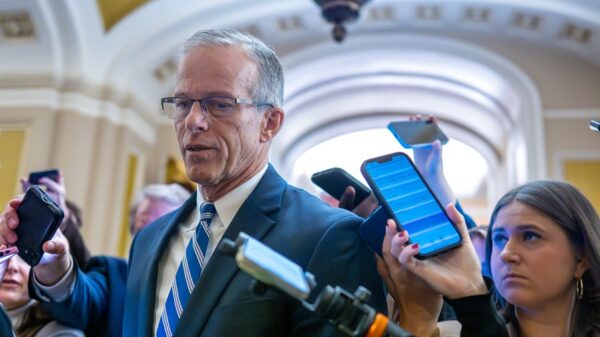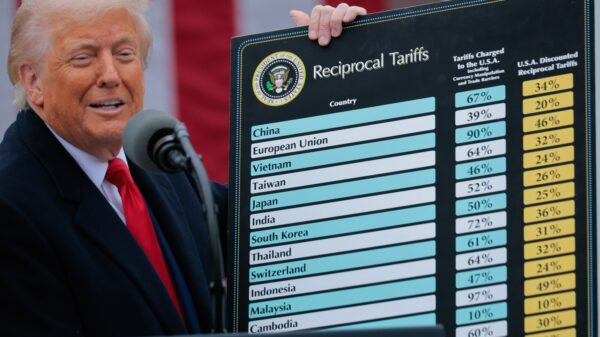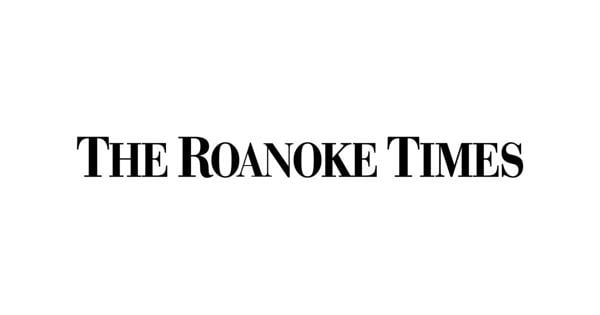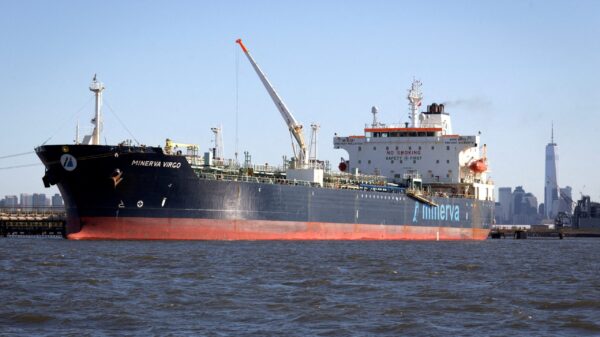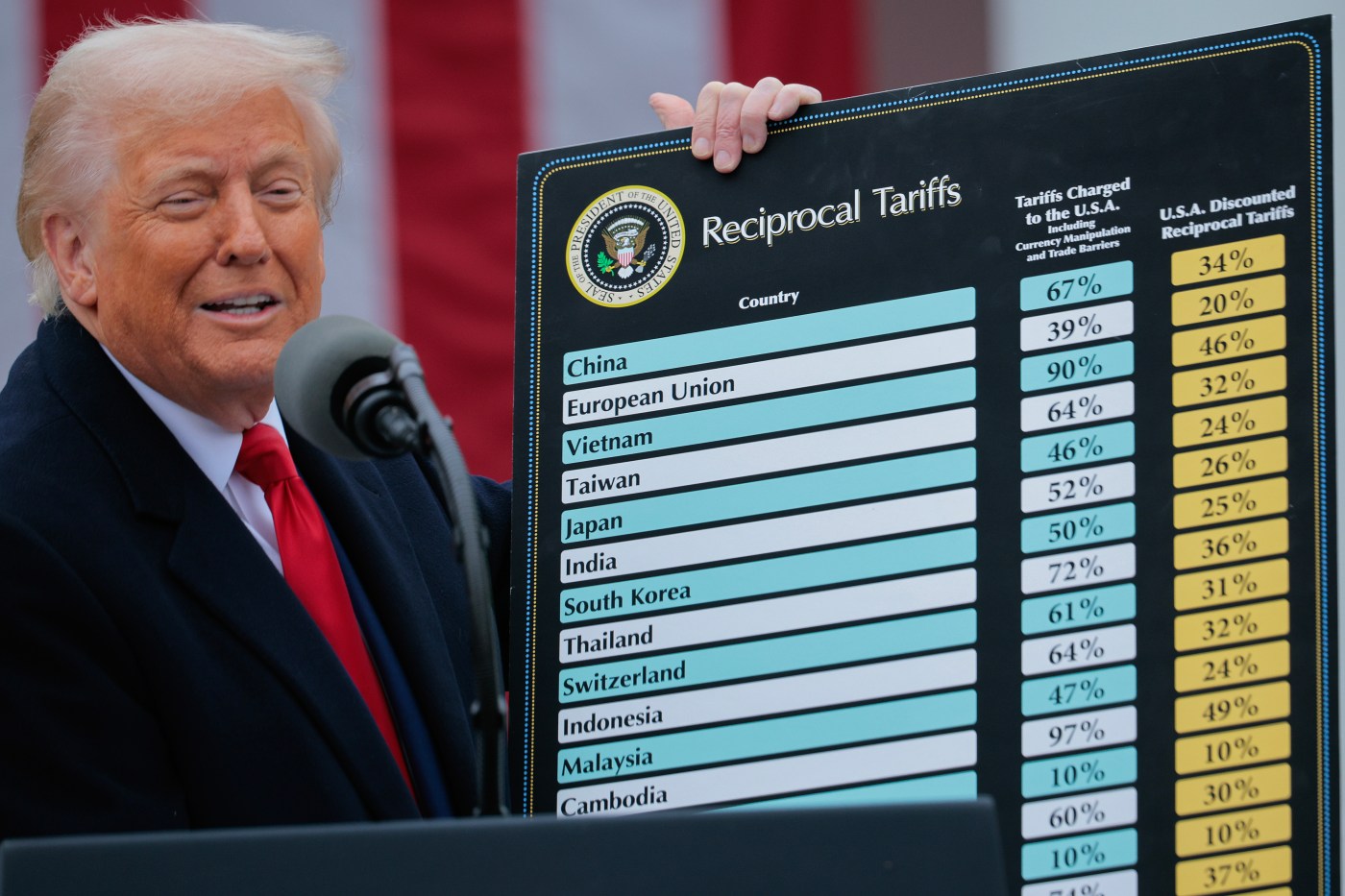During a recent Supreme Court hearing, a majority of justices expressed skepticism regarding former President Donald Trump’s attempts to impose tariffs using emergency economic powers. This provision does not explicitly mention tariffs and has raised significant questions about its legality and implications for global trade.
The justices appeared concerned about Trump’s effort to unilaterally establish tariff rates on a wide array of countries, which could disrupt the global economy and infringe upon Congress’s constitutional authority to regulate revenue. The key question now is whether the legislative body and the courts will allow Trump to expand his powers in this manner. The core principle of the U.S. government is that no single branch can unilaterally increase its authority without due process.
The administration’s rationale, articulated by Solicitor General John Sauer, revolves around a so-called “trade deficit emergency.” Yet the specifics of this alleged emergency remain unclear. Critics argue that the claim lacks a solid foundation, as it suggests that the United States should maintain equal trade relationships or surpluses with every country, an economically questionable stance.
Trump’s fixation on trade deficits raises concerns among legal experts and economists alike. The tariffs, implemented without substantial justification, have already caused economic turmoil, impacting consumer prices and threatening various industries. Critics highlight that the approach undermines confidence in American markets and fails to consider that trade deficits are not inherently detrimental to the economy.
Despite several lower court rulings deeming these tariffs unlawful, the Supreme Court has been known to make controversial decisions regarding executive power. Observers hope that the justices will recognize the far-reaching consequences of allowing a president to manipulate global economic structures without congressional oversight.
As the situation unfolds, Trump seems prepared to navigate around the Supreme Court’s decisions, indicating a willingness to challenge established legal boundaries. This stance exemplifies a troubling disregard for the rule of law, raising alarms about the implications for American governance and international trade.
The ongoing debate highlights the critical balance of power within the U.S. government and the potential ramifications of executive overreach, particularly concerning economic policy that affects not only American citizens but also global markets.



